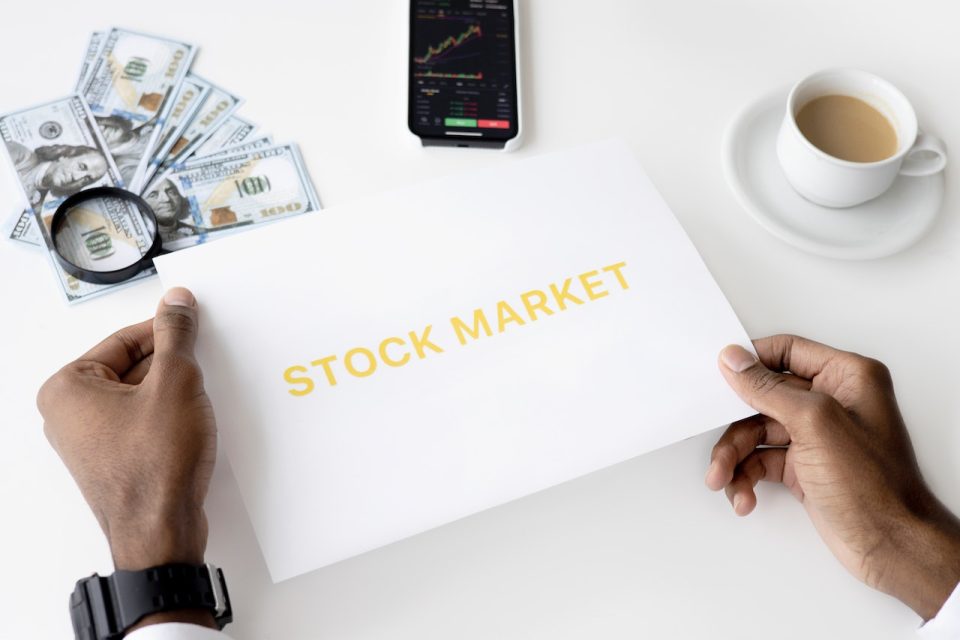The week opened with a surge in stock prices, fueled by a blend of investor attention on the Israel-Hamas conflict and anticipation for a flurry of corporate earnings announcements. The Dow Jones Industrial Average led the charge, climbing by 0.6%, followed closely by the S&P 500, which edged up by 0.5%, and the Nasdaq Composite, which saw a 0.3% advance.
Earnings season is set to kick off in earnest, with reports from financial giants Goldman Sachs and Bank of America slated for Tuesday. Following suit, market-watchers are keenly awaiting updates from Tesla and Netflix on Wednesday. These financial revelations are under intense scrutiny for any signs of how the sector may withstand the persistent trend of higher interest rates.
Echoing a sentiment that has been reverberating in the financial world, JPMorgan’s CEO, Jamie Dimon, warned that this could be “the most dangerous time the world has seen in decades”. Such cautionary words are not taken lightly by investors, who are navigating a complex landscape marked by geopolitical tensions and economic shifts.
In addition to earnings reports, investors are closely monitoring developments in the Middle East crisis, with a particular focus on efforts by the United States and its allies to avert further escalation. This heightened attention was notably felt in the energy sector, as crude oil futures prices surged on Friday. Futures of West Texas Intermediate and Brent crude were seen trading around $88 and $91 per barrel, respectively.
Conversely, traditional safe havens experienced a dip in demand. Prices for gold and bonds experienced a decrease as investors sought refuge elsewhere in the face of geopolitical uncertainty. The shift in these markets underscores the dynamic nature of investor sentiment, which is navigating between risk and safety in real-time.
In the midst of escalating geopolitical tensions and a highly anticipated earnings season, the surge in stock prices reflects both investor resilience and a cautious optimism for the future of the financial markets.
Source: Yahoo Finance

